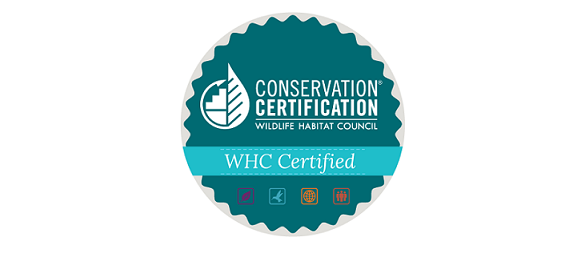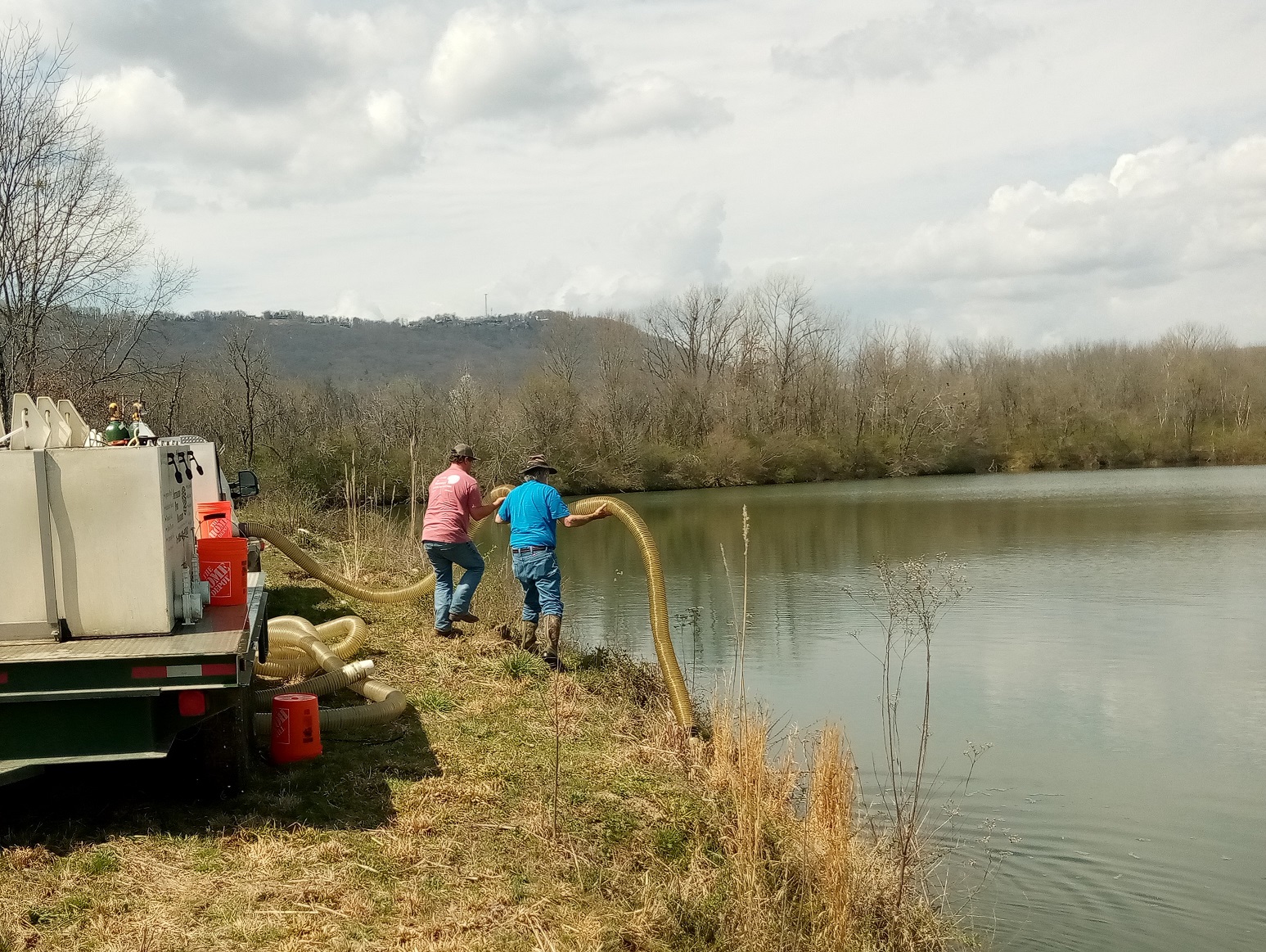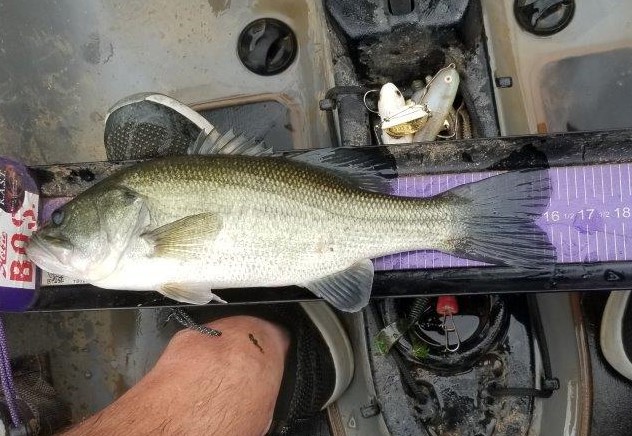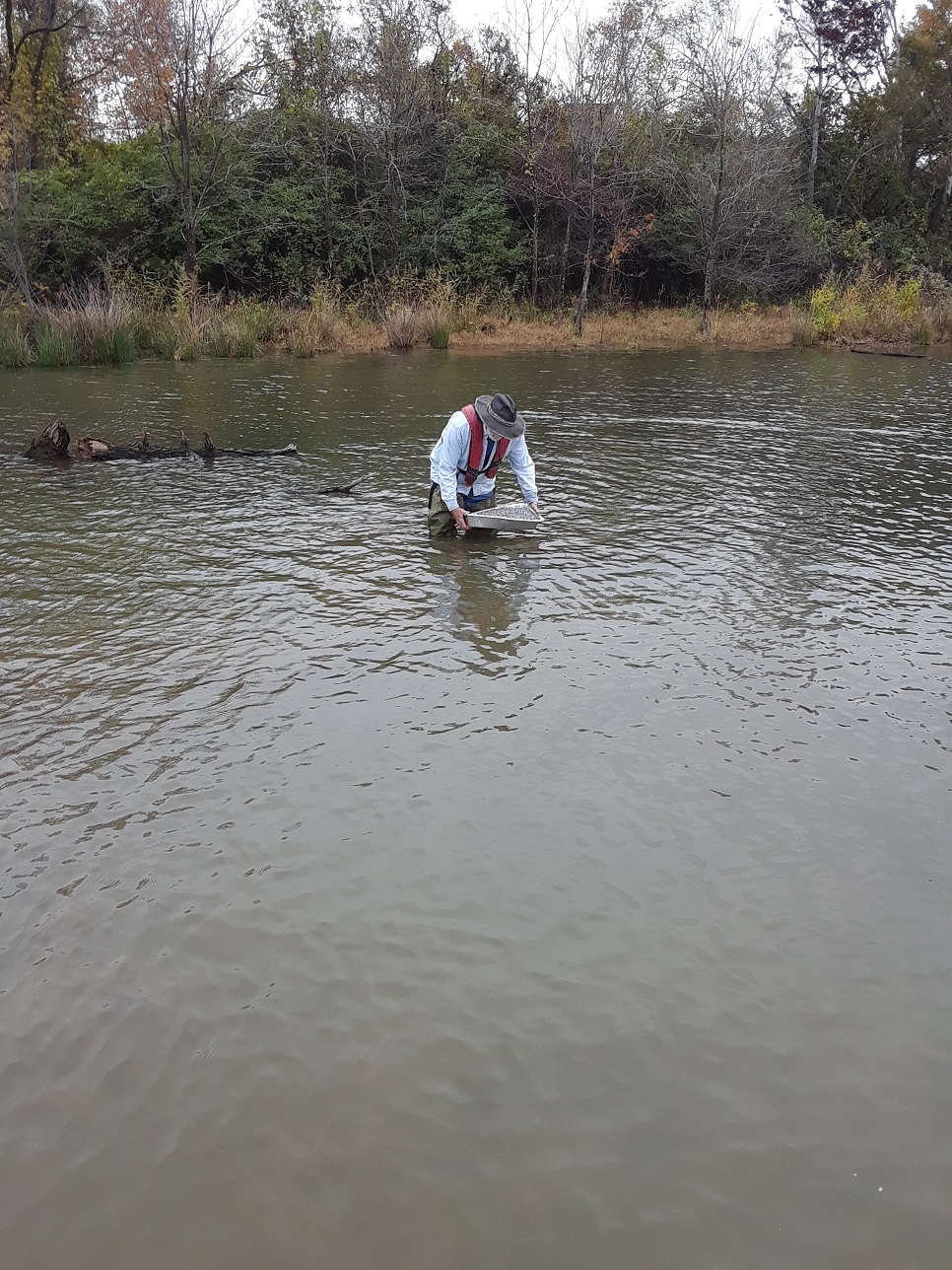
Chattanooga Plant Recognized for Environmental Excellence
Buzzi Unicem USA, Inc., Chattanooga Plant, demonstrated its commitment to environmental stewardship by achieving Wildlife Habitat Council (WHC) Conservation Certification for its Clayfield Lake Fish Management Project on plant owned property located on the Tennessee River about 1.5 miles from the plant in Chattanooga, TN.
“The Clayfield Lake Fish Management project is recognized as meeting the strict requirements of WHC Conservation Certification,” said Margaret O’Gorman, President, WHC. “Companies achieving WHC Conservation Certification, like Buzzi Unicem USA, Inc., are environmental leaders, voluntarily managing their lands to support sustainable ecosystems and the communities that surround them.”
The Chattanooga Plant has worked for the past few years to improve the health and size of the fish population in the Clayfield lake by improving habitat and species diversity in the lake. As a flooded former clay excavation site, the lake provided limited naturally occurring structure to support a healthy fish population. The project focused on placement of felled trees, cut shrubbery/trees, and other aquatic habitat enhancement structures, as well as, stocking native fish species to improve food availability. During employee fishing days, the fish species length and weight, were recorded. This data was used to measure the relative health of the fish in the lake and to help determine the best courses of action to improve the fish habitat in the lake, and ultimately the health of the fish population.
Wildlife Habitat Council promotes and certifies habitat conservation and management on corporate lands through partnerships and education. WHC Conservation Certification programs take corporate sustainability goals and objectives and translate them into tangible and measurable on-the-ground actions. Through a focus on building collaboration for conservation with corporate employees, other conservation organizations, government agencies and community members, WHC programs focus on healthy ecosystems and connected communities. WHC-assisted wildlife habitat and conservation education programs are found in 47 states and 28 countries. www.wildlifehc.org




